The Victorian era brought about significant changes in architecture, including the construction of staircases intended solely for the servants of affluent households. These staircases, often hidden away from the main living areas, served as vital passageways for the household staff but posed significant risks if not designed correctly.
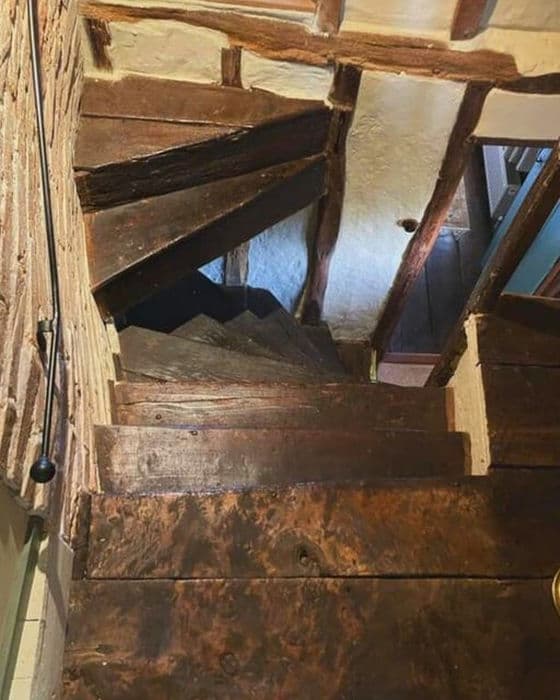
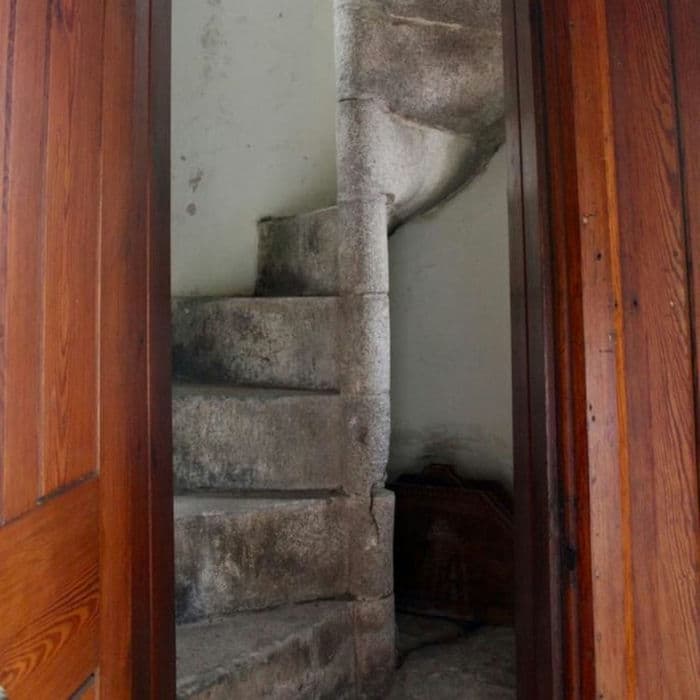

In 1847, mathematician and architect Peter Nicholson proposed a formula for crafting secure staircases, suggesting a minimum step length of 4 feet. However, implementing this formula proved challenging within the narrow confines of Victorian homes, leading to the creation of servant staircases with steps as shallow as 2 & 1/2 feet. These steps lacked uniformity in design and frequently lacked handrails, making descent a hazardous undertaking.
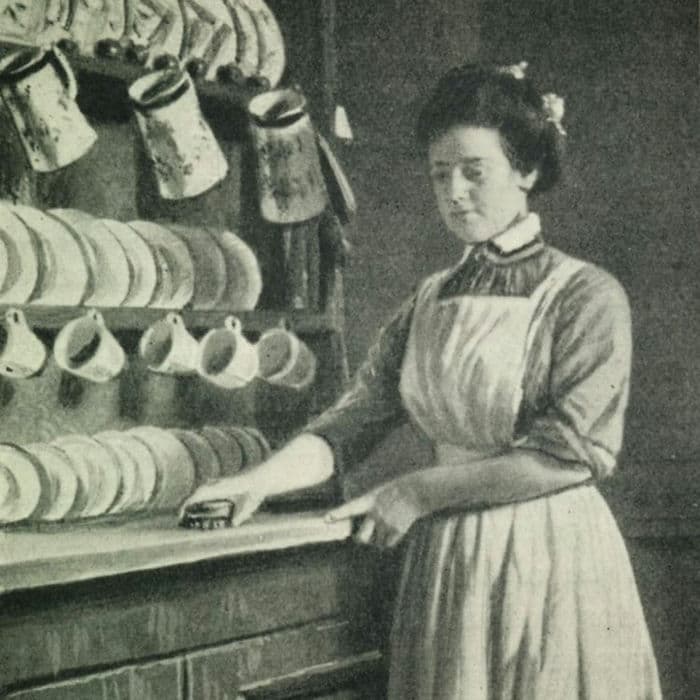
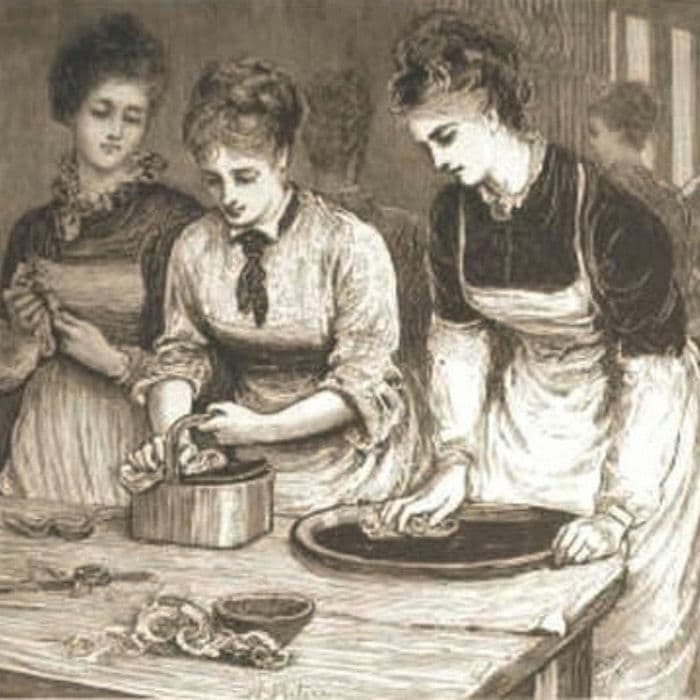
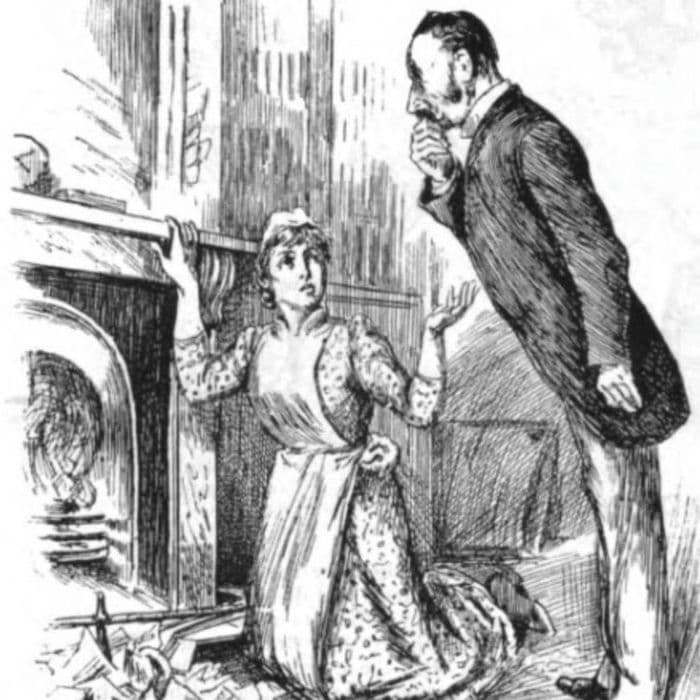
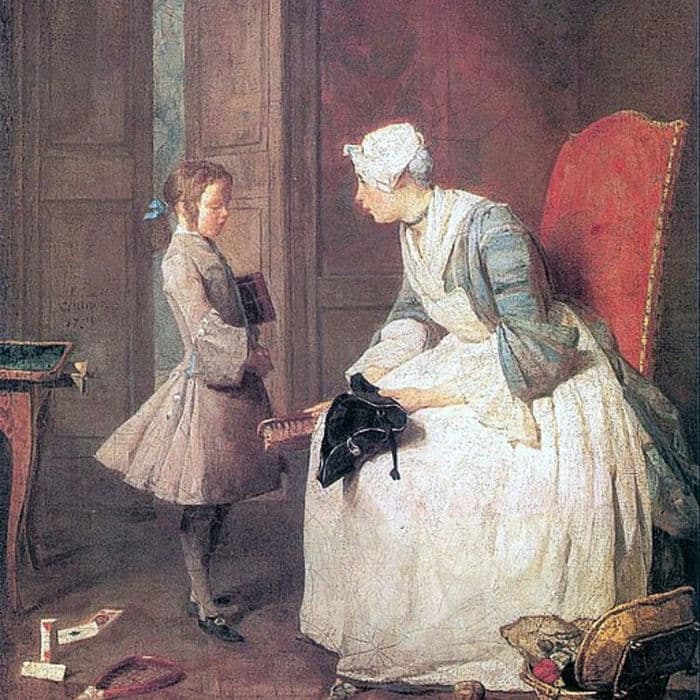
The design of servant staircases was governed by practical considerations rather than comfort or safety. Space was a luxury for servants, resulting in steep, narrow staircases with significant rises between steps. The absence of handrails further exacerbated the dangers during ascents and descents.
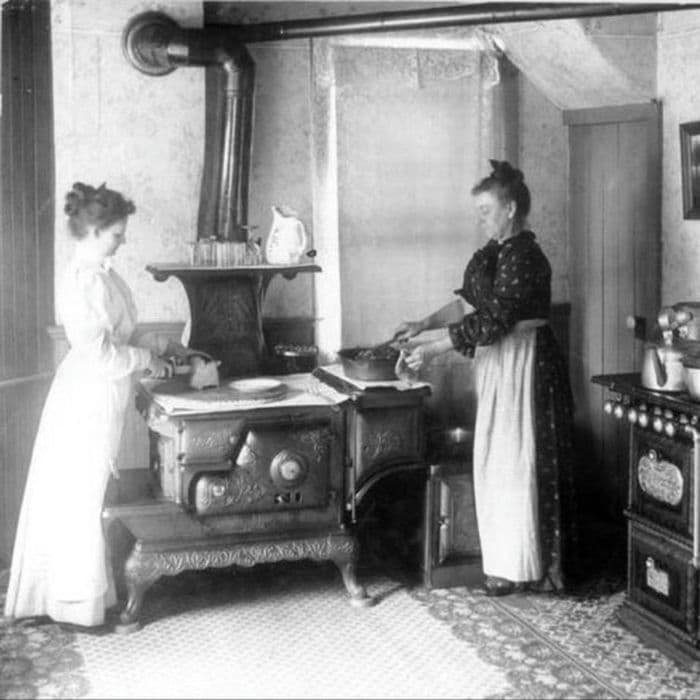
Moreover, servant staircases were often hastily constructed, lacking precision in measurement. Even minor disparities in step height could lead to accidents, as our bodies subconsciously adapt to a consistent stair height when navigating stairs.
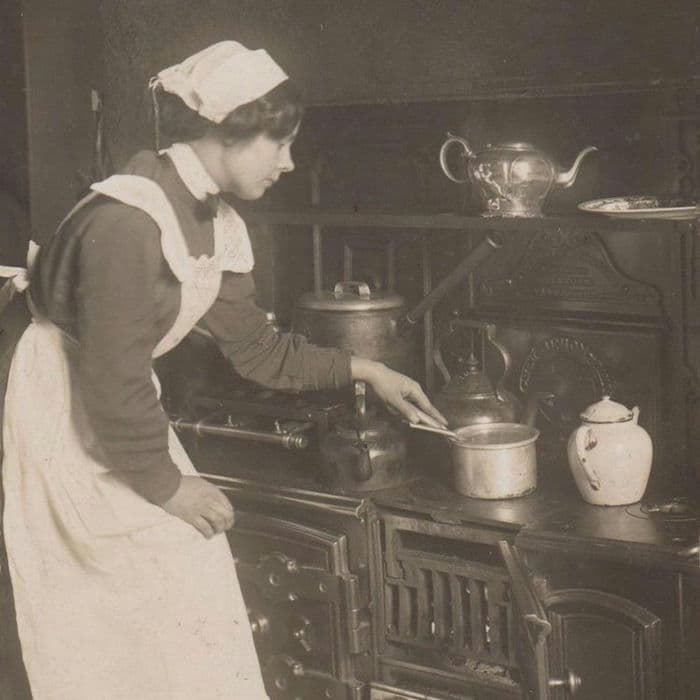
The precarious nature of servant staircases is particularly evident when considering the daily routine of Victorian servants, who navigated these treacherous paths countless times while burdened with household tasks. Accidents were inevitable, with the lack of safety measures contributing to frequent mishaps.
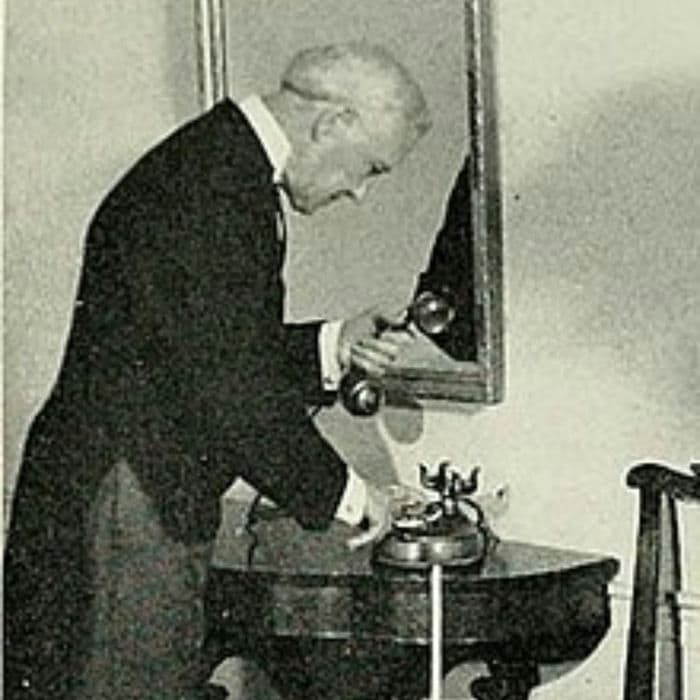
Despite the challenges and dangers they faced, Victorian servants played integral roles in households across England, fulfilling a wide range of responsibilities depending on the family’s social standing and household requirements. From butlers and housekeepers to cooks and maids, servants were essential to the smooth functioning of Victorian households, albeit at great personal risk.
